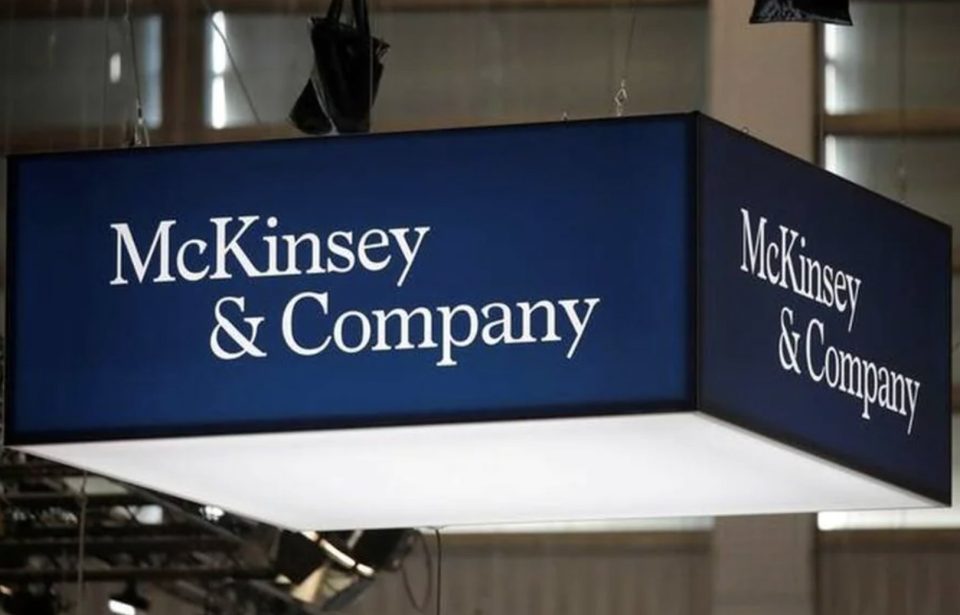Jeff Smith, a partner at influential consulting firm McKinsey & Co., was given a highly sensitive assignment in December 2017. Opioid maker Purdue Pharma, struggling financially, wanted to revamp its business, and an executive there approached Smith. Over the next few weeks, he travelled to Purdue’s offices in Stamford, Connecticut, to meet and dine with executives. His team reviewed business plans and evaluated new drugs that Purdue hopes will help the company escape the chaos associated with OxyContin, an addictive painkiller that medical experts say helps trigger opioid the prevalence of drugs.
But corporate restructuring wasn’t Smith’s only task at the time. He also helped the US Food and Drug Administration (FDA) overhaul its office for approving new drugs — the office that will determine the regulatory fate of Purdue’s new line of proposed products. A New York Times review of thousands of internal McKinsey documents found that the company has repeatedly allowed employees serving drug companies, including opioid makers, to also advise the FDA, the industry’s main government regulator. And, the documents show, McKinsey touted such inside access to private clients in a pitch. In a 2014 email to Purdue’s CEO, a McKinsey consultant highlighted the company’s work for the FDA, stressing: “Who we know, what we know”.
- ChatGPT Mobile App Introduces Video and Screensharing Features
- India’s Forex Reserves Drop by $3.23 Billion to $654.86 Billion on 6th Dec
- Paraguayan President Santiago Pena Opens Jerusalem Embassy
- Premier Energies Planning to Establish 1 GW Manufacturing Plant in Telangana
- International Gemmological Institute (India) IPO GMP, Lot Size & Key Dates
The documents reviewed by The New York Times were obtained by the House Oversight and Reform Committee, which on Wednesday released preliminary findings of an investigation into McKinsey’s cooperation with the federal government, as well as the entry of a coalition of state attorneys general as part of a 2021 settlement to resolve the investigation. The company’s partnership with Purdue University. The records detail the company’s work for Purdue and other opioid makers over 15 years from 2004 to 2019.
At least 22 McKinsey consultants have worked for both Purdue and the FDA since 2010, according to the committee’s 53-page report, drawn up by the Democratic majority. The company did not provide the committee with any evidence that it had disclosed a potential conflict of interest as required by federal contracting rules – a “clear violation,” the report said.




